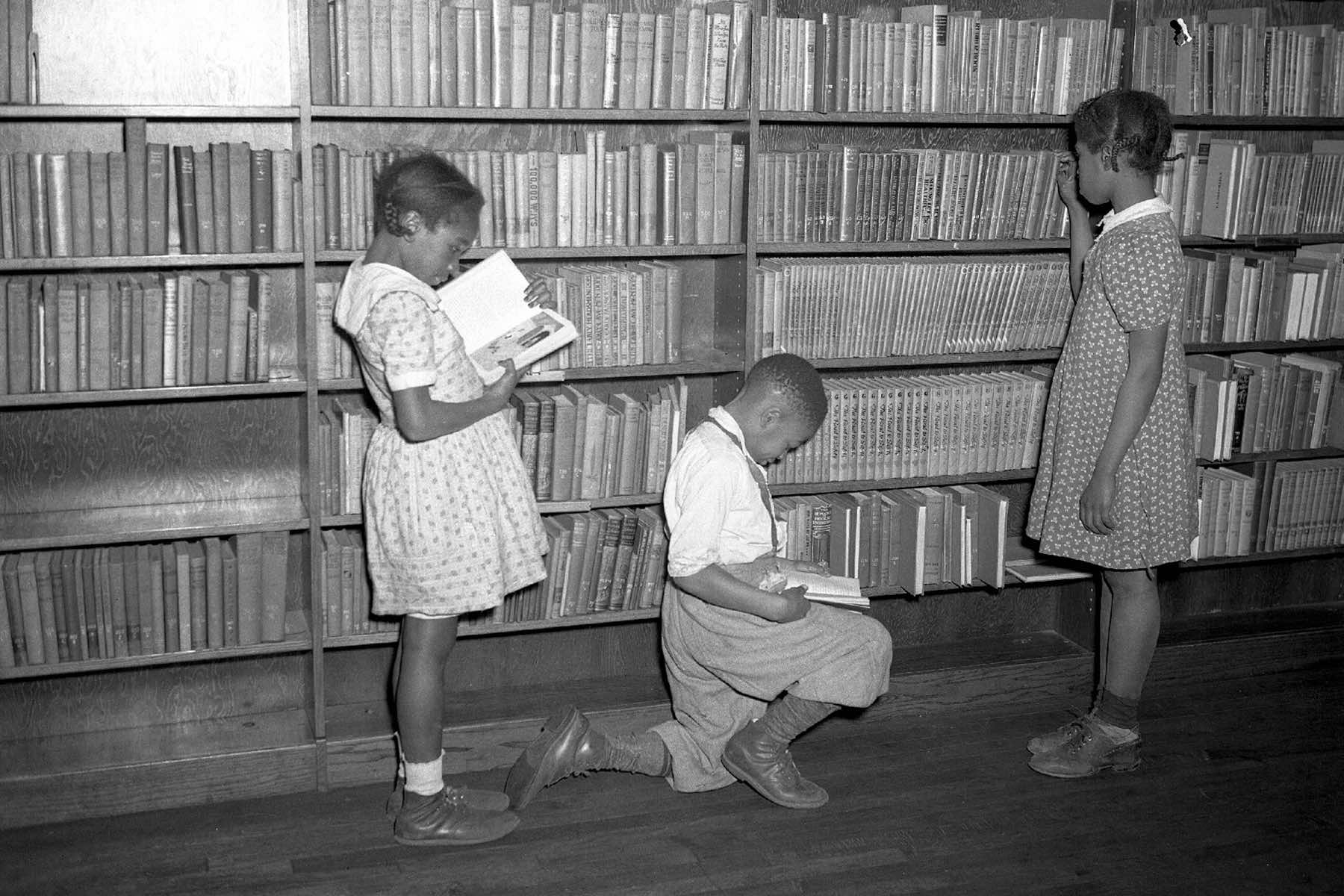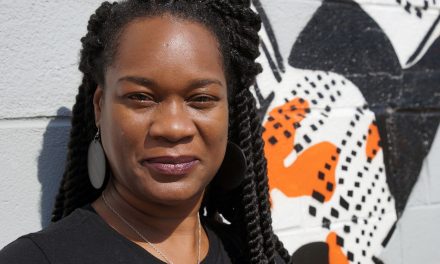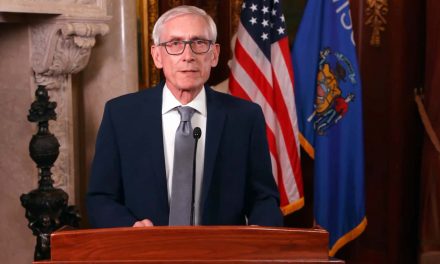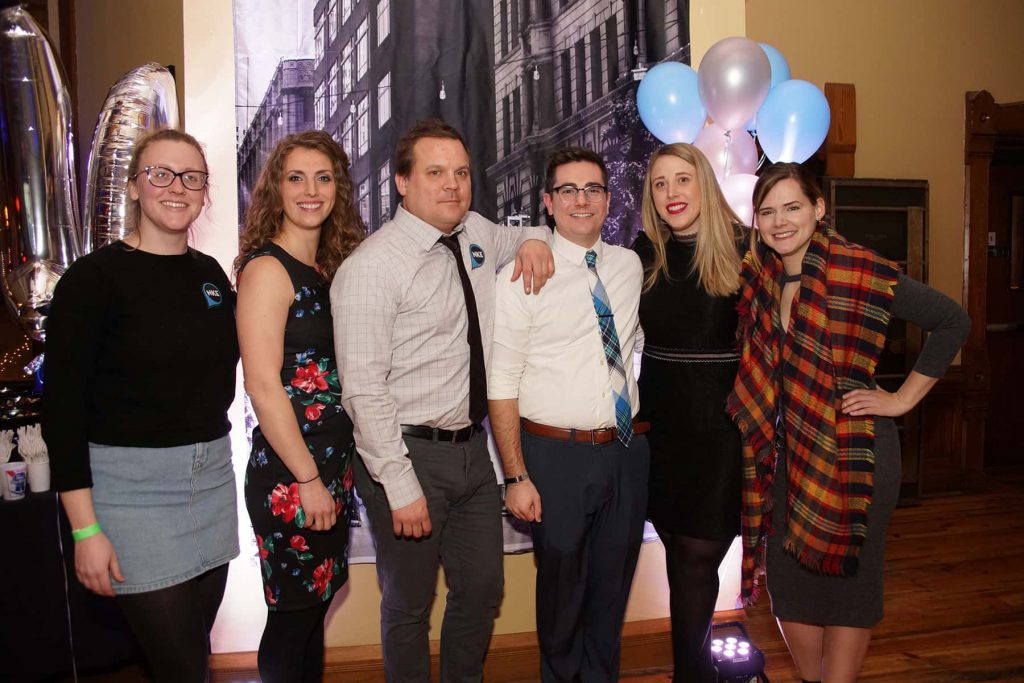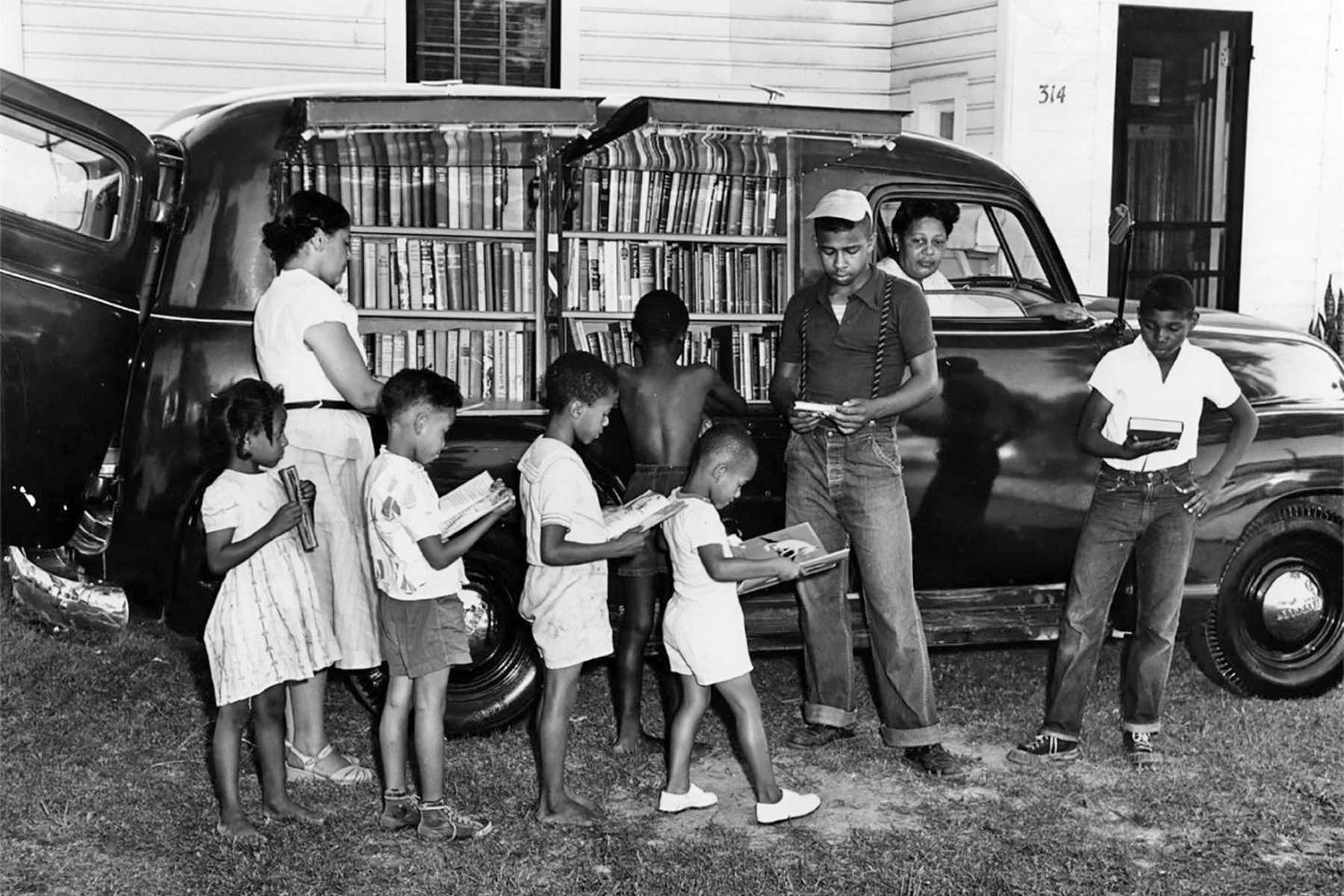
“The thought of the inferiority of the Negro is drilled into him in almost every class he enters and in almost every book he studies. If he happens to leave school after he masters the fundamentals, before he finishes high school or reaches college, he will naturally escape some of this bias and may recover in time to be of service to his people.” – Carter G. Woodson, “The Mis-Education of the Negro”
My earliest memories of school leave me with an empty feeling today. I was never exposed to the wonderful intellect and creativity of Black people. I did not get exposed to any of the great Harlem Renaissance poets or authors.
I never read, Richard Wright, Zora Neale Hurston, Langston Hughes, Countee Cullen, Claude McKay, Jean Toomer, Nella Larsen, Jessie Redmond Fauset. I never heard of Carter G. Woodson, W.E.B. DuBois, Charles S. Johnson, or any of the outstanding Black historians and sociologists.
It makes me feel sad today, because I was a voracious reader as a young boy. And none of my teachers or librarians pointed me in the direction of these writers, who I love so much now as a grown man.
I never heard of the multi-genius Paul Robeson or the brilliant attorney Charles Hamilton Houston as a child. No one told me the story of Haitian hero Toussaint Louverture, and how the Haitian Revolution impacted the Louisiana Purchase.
I was highly miseducated without having a clue at the time. The story of Marcus Garvey and the Universal Negro Improvement Association (UNIA) was absent from my education. I was a grown man before I discovered the great Afro-Puerto Rican scholar Arturo Alfonso Schomburg, curator of the world’s premiere collection of Black literature, slave narratives, artwork, and diasporic materials. He donated his collection to the New York public library and it is now housed at the Schomburg Center for Research in Black Culture in New York City.
I wish I had grown up in New York. Perhaps I would have been exposed to all of this Black excellence as a child. The magnificent thinker, author, and all-around voice of his people, James Baldwin, was completely missing from my frame of reference. I missed out on reading any of the speeches of my hero Frederick Douglas, and Dr. King’s speeches – outside of the “I Have a Dream” speech.
I was not exposed to these resources and missed out on some of the most classic literature and history of my people. There are so many others I have gotten to know by independent research, and my never-ending curiosity. My hero and heroines would have been completely different if I received a proper education, aligned with my culture.
Years ago I found some old images of the segregated schools my mother attended in Mississippi. Two images stood out to me. They were of he high school library in the Black high school and a similar image from the White high school. The White library had shelves full of books and the Black high school had shelves that were sorely lacking in books.
I understand why that was the case. The White power structure in the South intended to keep Black people as miseducated as possible. It was not accidental. It was very intentional.
“No systematic effort toward change has been possible, for, taught the same economics, history, philosophy, literature and religion which have established the present code of morals, the Negro’s mind has been brought under the control of his oppressor. The problem of holding the Negro down, therefore, is easily solved. When you control a man’s thinking you do not have to worry about his actions.” – Carter G. Woodson, “The Mis-Education of the Negro”
“To the real question, how does it feel to be a problem? I answer seldom a word. And yet, being a problem is a strange experience, peculiar even for one who has never been anything else, save perhaps in babyhood and in Europe.” – W.E.B. Du Bois, “The Souls of Black Folk”
“All that can save you now is your confrontation with your own history … which is not your past, but your present. Your history has led you to this moment, and you can only begin to change yourself by looking at what you are doing in the name of your history.” – James Baldwin, Esquire Magazine interview (July 1968)
Reading and learning about these wonderful Black people has given me a new way to see myself and my people. I had no idea that school was as much about socialization as about education. We were being taught how to play the pre-determined roles society had for us. No one thought it was relevant to tell us this fact. I was immersed in learning the Queens’s English, and how important it was to know it well in order to be a “good” student. I wish I had been told what psychiatrist and author Frantz Fanon said about language.
“To speak means being able to use a certain syntax and possessing the morphology of such and such a language, but it means above all assuming a culture and bearing the weight of a civilization … A man who possesses a language possesses as an indirect consequence the world expressed and implied by this language. You can see what we are driving at: there is an extraordinary power in the possession of a language … The more the colonized has assimilated the cultural values of the metropolis, the more he will have escaped the bush. The more he rejects his Blackness and the bush, the whiter he will become…he who can express himself, who masters the language, is the one to look out for: be wary of him; he’s almost White …” – Frantz Fanon, Black Skin, White Masks
The programming that begins in school continues into adulthood, as we live and interact in spaces that were not necessarily made for “our kind.” It is a neverending struggle to represent our people in a way that White society wants us to behave. Along the way, it is easy to lose a sense of who we really are in this country – an alien, in many respects, who is supposed to be educated enough to fit in.
Being Black in America, each day is a challenge to not lose your mind and think that you are as DuBois talked about … a “problem.” Miseducation can only be reversed by re-education, which will never take place in America’s formal educational system.
Despite this miseducation, I turned out okay for the most part. I can only imagine how different my life would be if I started to receive this re-education when I was younger. I could have hit my stride at a much younger age.
“I’ve been scarred and battered. My hopes the wind done scattered. Snow has friz me, sun has baked me. Looks like between ’em They done tried to make me Stop laughin’, stop lovin’, stop livin’. But I don’t care! I’m still here!”
– Langston Hughes, “Still Here”
© Photo
Library of Congress and North Carolina Digital Collection

